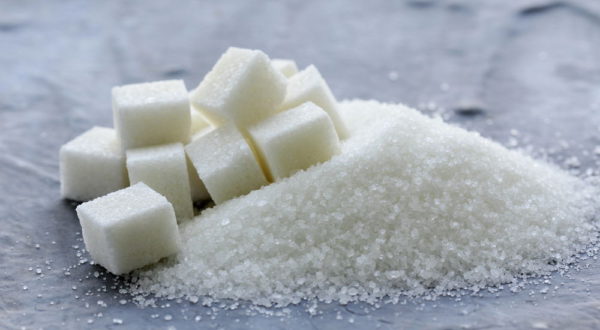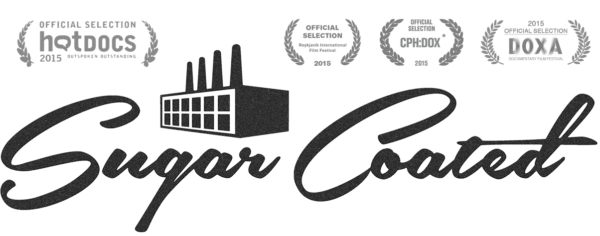
Sugar can be a killer, linked as it is to Type 2 diabetes, heart ailments, fatty liver disease and obesity.
Excessive consumption of sugar can also lead to the onset of oral health issues such as tooth decay, cavities, and gum disease. Incidentally, whether you are someone who tends to enjoy too many sweet treats or just want to look after your teeth and gums, a checkup with a Dentist in Valencia or a dentist in your area is indispensable.
In short, we consume too much sugar, usually at our peril, according to Sugar Coated, a hard-hitting documentary now available on the Netflix streaming network.

I watched it because I have an intimate relationship with sugar. Although I’m slim and trim, thanks to genetics and exercise, my consumption of sugar probably exceeds the recommended daily quantity of six to nine teaspoons.
Due to my fondness for cakes and pastries, a habit formed in boyhood, I was diagnosed with Type 2 diabetes about a decade ago. I keep it under control with medication, diet, walking, and cycling, but my consumption of sugar probably is still too high. This is how I control everything, but I’ve also heard some people use alternative products such as glutathione supplements to help reduce the signs of a fatty liver, as well as helping to improve insulin sensitivity for people who suffer from diabetes. We all know how bad sugar can be for our health, but having to deal with something like diabetes puts it all into perspective.
As Sugar Coated points out, sugar induces a state of happiness, which is precisely why we’re irresistibly drawn to it.

Never in human history have we been as exposed to sugar as we are now, and this has metabolic consequences. “We’ve gotten sicker and sicker,” says one of the experts who appears in this thought-provoking film.
Robert Lustig, a scientist who has studied the ill effects of sugar, points out that it’s a fundamental problem of the modern diet. As far as he’s concerned, it’s a toxic calorie. Yet in the past 30 years, the daily consumption of sugar has risen by 46 percent in the United States.

Sugar Coated, which also draws on the expertise of Gary Taubes, the author of Why We Get Fat, and Yoni Freedhoff, a professor at the University of Ottawa, claims that 74 percent of all packaged food is spiked with sugar.
Since sugar goes under 56 different names, the food industry can easily hide it in its products, thereby taking advantage of unsuspecting consumers. Example: Low-fat foods may be seductive to some, but they’re impregnated with sugar.
The sugar industry fends off criticism by claiming that it should be consumed in moderation and that further research is needed to confirm that it can be harmful to your health. This argument, of course, is a prescription for paralysis and the status quo.
The industry has recruited scientists who subscribe to its nostrums, and one of them was the late Fredrick Stare of Harvard University, a widely respected nutritionist who received grants from the food industry.
Despite the views of scientists like Stare, Sugar Coated makes its case quite convincingly. Sugar should be consumed in small quantities or not at all.